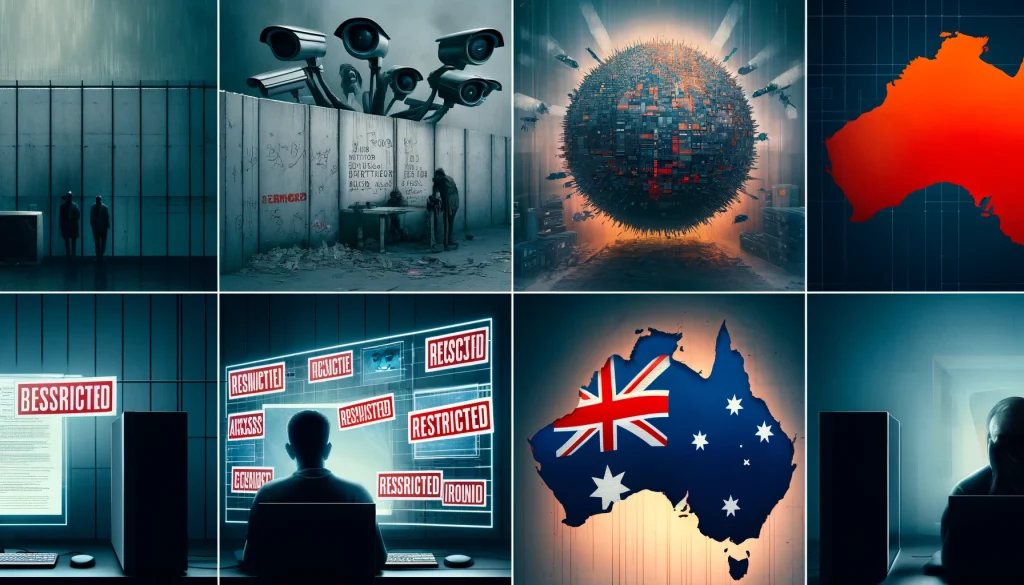In the bustling world of digital communication, Australian Prime Minister Anthony Albanese is advocating for stronger oversight of social media, positioning himself in stark opposition to industry moguls like Elon Musk, who favor minimal regulation. This confrontation highlights a significant global issue: finding the right balance between combating misinformation and protecting free speech. The effort to introduce a refined misinformation bill in Australia reflects the urgency of addressing the chaotic influence of unchecked digital content, which has demonstrated its potential to disrupt public safety and skew democratic processes.
The heart of the legislation is to compel social media platforms to take a more active role in moderating the information that flows through their networks. Critics argue that such regulation risks impinging on free speech, potentially stifling legitimate debate under the pretext of curbing misinformation. However, supporters counter that with the enormous influence of these platforms comes a corresponding duty to promote accurate, fact-based communication.
The global landscape offers a variety of responses to similar challenges, illustrating the complexity of regulating digital spaces. Europe’s Digital Services Act and the ongoing debates in the United States showcase diverse strategies that nations adopt based on their specific cultural and political contexts. These international approaches provide valuable lessons and cautionary tales about the potential overreach of such regulations and the difficulties in their enforcement.
Enforcing these rules presents significant technical and ethical challenges. Social media content is dynamic and vast, making it difficult to consistently and fairly apply regulations across global platforms. Moreover, the necessity for algorithms and human oversight that can rapidly and accurately assess information raises concerns about bias and the practicality of such systems.
Public and political reactions in Australia are mixed, reflecting a broader global divergence in opinions. Some view the legislative push as a necessary defense against the dangers of misinformation, advocating for stronger protections to preserve the integrity of public discourse. Others see it as an overreach that could infringe on personal freedoms and suppress innovation. The political landscape is similarly divided, with some policymakers supporting the legislation as a safeguard for democracy, while others caution against using it as a tool for political gain.
Internationally, countries like Germany and France have adopted stringent laws against hate speech and misinformation, prioritizing communal well-being over absolute freedom of expression. These laws are often considered benchmarks in combating digital misinformation but have faced criticism for potentially limiting individual rights.
As Australia continues to refine its legislative approach to misinformation, the international community watches with keen interest. The outcome of Australia’s efforts could serve as a precedent for other democracies grappling with the dual challenges of protecting free speech and preventing the harmful impacts of online misinformation.

The evolving situation underscores the need for a cooperative international approach to digital governance. As digital platforms continue to erase traditional boundaries, the actions of one nation can have far-reaching effects, necessitating a coordinated global response. This includes fostering dialogue among legislators, tech leaders, civil society, and experts to establish regulatory frameworks that protect the public and encourage innovation.
In conclusion, the delicate balance of regulating misinformation without compromising the foundational principles of free expression remains a pivotal challenge of our digital age. The decisions made today will likely influence the future of global digital discourse and democracy, posing profound questions about the role of government and technology in shaping public debate. As Prime Minister Albanese leads these efforts, the global implications of Australia’s legislative refinements could potentially set important precedents for other nations facing similar challenges, highlighting the intricate dance between governance, technology, and individual freedoms in the digital realm.

